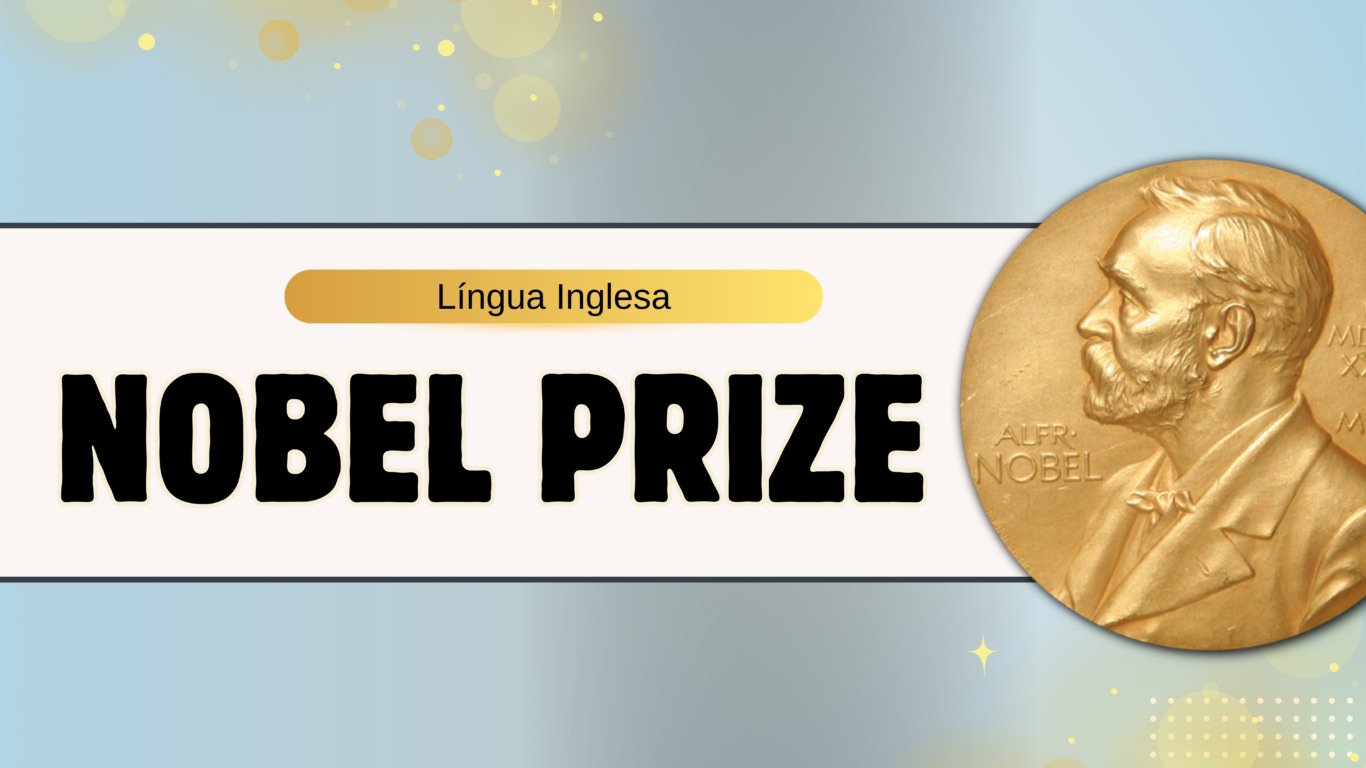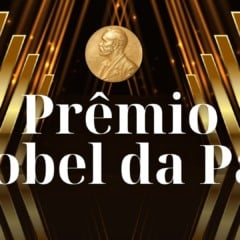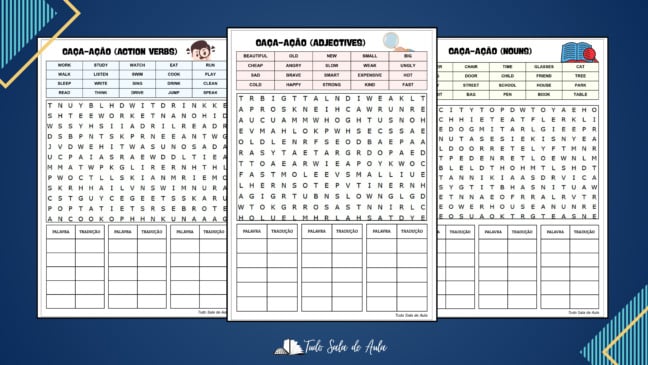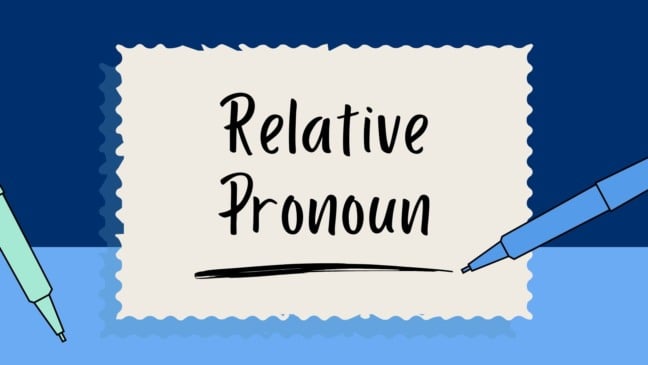📚 Nesta publicação, preparamos uma excelente atividade de Língua Inglesa sobre Nobel Prize, voltada para os Anos Finais. A proposta estimula o desenvolvimento das habilidades de leitura, vocabulário e escrita, utilizando textos autênticos sobre o Prêmio Nobel e seus grandes nomes. Conheça, baixe e aplique em sala de aula.
Download e planejamento do conteúdo disponíveis no final da publicação

Read the text below.
NOBEL PRIZE
The Nobel Prizes are awards administered by the Nobel Foundation and granted in accordance with the principle of “for the greatest benefit to humankind”.
The Nobel Prize is a prestigious international award given annually in six fields for outstanding achievements that have benefited humankind. Established by Swedish inventor Alfred Nobel’s will in 1895, the prizes are awarded for contributions in physics, chemistry, physiology or medicine, literature, and peace, with an additional prize in economic sciences created in 1968.
The Nobel Prizes are widely regarded as the most prestigious awards available in their respective fields. Winners, called Nobel laureates, receive a medal, a diploma, and a monetary award.
FONTE: Wikipedia/Britannica. Adaptado por Jander, TSA
1. Marque um X nos principais pontos que o texto destaca:
( ) Desvantagens.
( ) Origem.
( ) Principais vencedores.
( ) Propósito.
( ) Importância mundial.
2. Associe os termos aos significados.
(A) administered by
(B) granted in accordance with
(C) for the greatest benefit to humankind
(D) prestigious
(E) outstanding achievements
(F) laureates
( ) Realizações notáveis
( ) Prestigioso
( ) Laureados
( ) Para o maior benefício da humanidade
( ) Concedido de acordo com
( ) Administrado por
3. Quem criou o Prêmio Nobel e em que ano?
4. No trecho: “the prizes are awarded for contributions in physics, chemistry, physiology or medicine, literature, and peace, with an additional prize in economic sciences created in 1968”, é mencionado as áreas que o prêmio é concedido. Quais são elas?
5. O prêmio é concedido de acordo com o princípio: for the greatest benefit to humankind. O que isso significa?
6. Os vencedores, chamados de Nobel laureates, recebem:
| A medal | |
| A diploma | |
| A monetary award |
7. Por que o Nobel é considerado um prêmio de prestígio?
8. Na frase: “The Nobel Prize is a prestigious international award”. Quais palavras são adjetivos?
a) Prize, award.
b) Prestigious, international.
c) The, a.
d) Nobel, is.
9. O texto menciona uma nacionalidade, cujo significado é:
a) sueca.
b) suíça.
c) francês.
d) maltês.
10. Identifique dois verbos no presente do indicativo no texto.
a) Were / Had.
b) Has / Had.
c) Was / Were.
d) Is / Are.
11. Na frase: “The Nobel Prize is a prestigious international award given annually…”, qual das opções abaixo NÃO mantém a concordância verbal correta (sujeito singular)?
a) The Nobel Prize is one of the highest honors.
b) The Nobel Prize was established in 1895.
c) The Nobel Prize are for outstanding achievements.
d) The Nobel Prize has a long history.
12. O texto menciona contribuições: “…for outstanding achievements that have benefited humankind.” O pronome relativo “that” pode ser substituído por qual outro pronome no contexto dessa frase?
a) Where.
b) Who.
c) Which.
d) Whose.
+ Conteúdos relacionados
+ Conteúdos de Inglês para os Anos Finais
Confira nossa página repleta de conteúdos semelhantes, especialmente desenvolvidos para esse público escolar. Materiais pedagógicos de alta qualidade, cuidadosamente preparados pelos produtores do Tudo Sala de Aula. Clique agora e escolha o tema da aula!
Planejamento para o professor
Objeto do conhecimento: Nobel Prize.
Objetivo da Aula: Compreender o conteúdo e o vocabulário do texto “Nobel Prize”, desenvolvendo a habilidade de leitura, interpretação e reconhecimento de estruturas gramaticais em inglês.
Por favor, não compartilhe o PDF!
Reiteramos que todo o conteúdo do site Tudo Sala de Aula é original, produzido por equipe própria. Portanto, este material, assim como os demais, não pode ser publicado em sites pessoais ou copiado para a criação de apostilas para venda. Pirataria é crime! Estamos de olho! (Lei 9.610/98)
Gostou? Deixe um comentário!😍

Por Jander Vagner
Licenciado em Língua Inglesa e em Ciências Biológicas. Especialista em tradução e interpretação de textos em Língua Inglesa.
O conteúdo foi revisado e certificado pela equipe de Redação do Tudo Sala de Aula.






